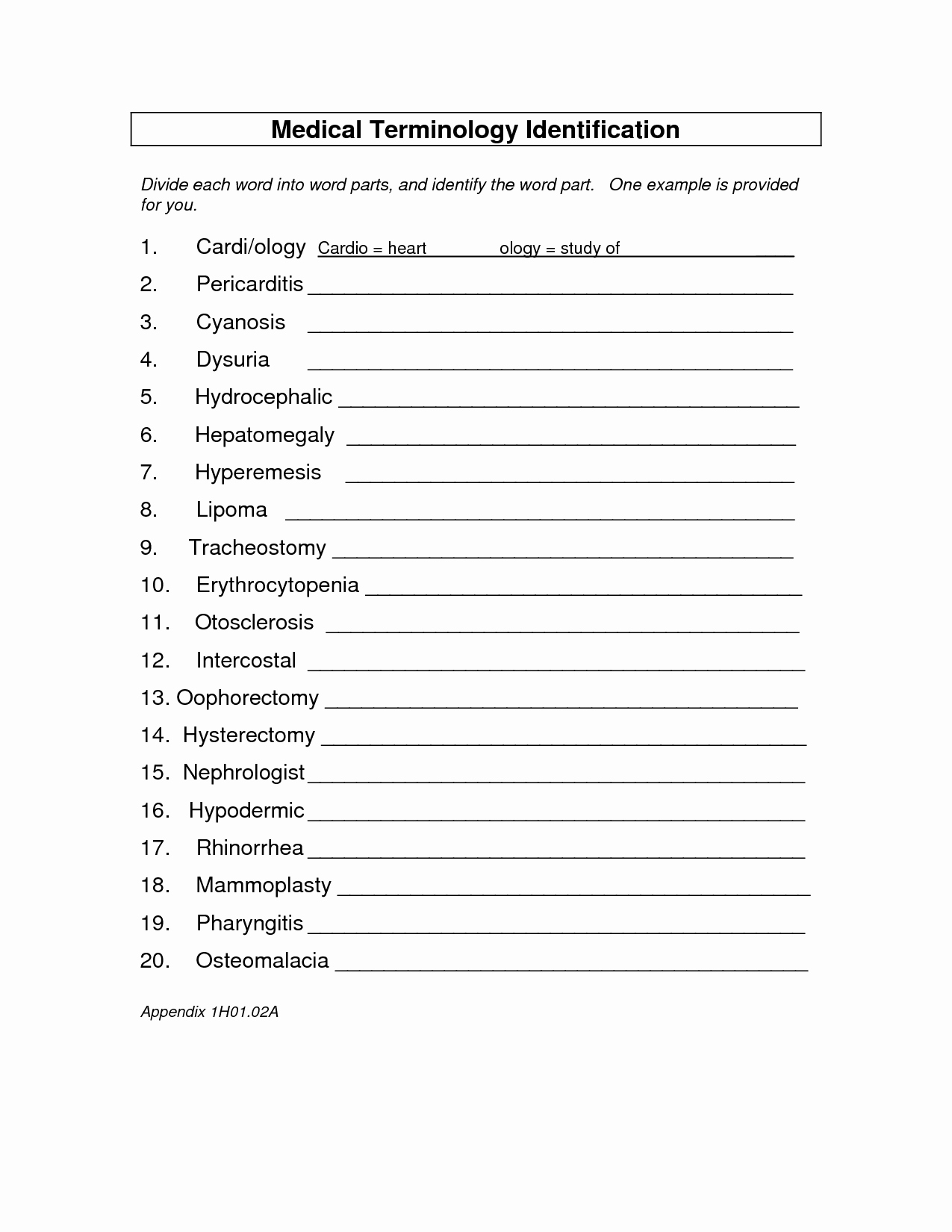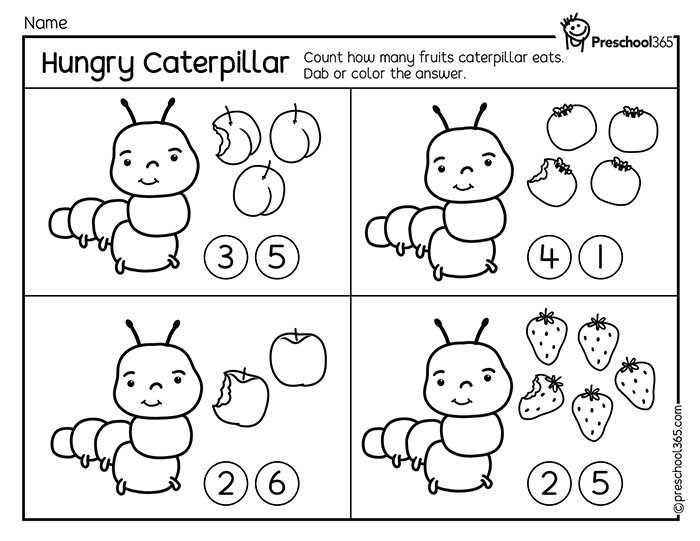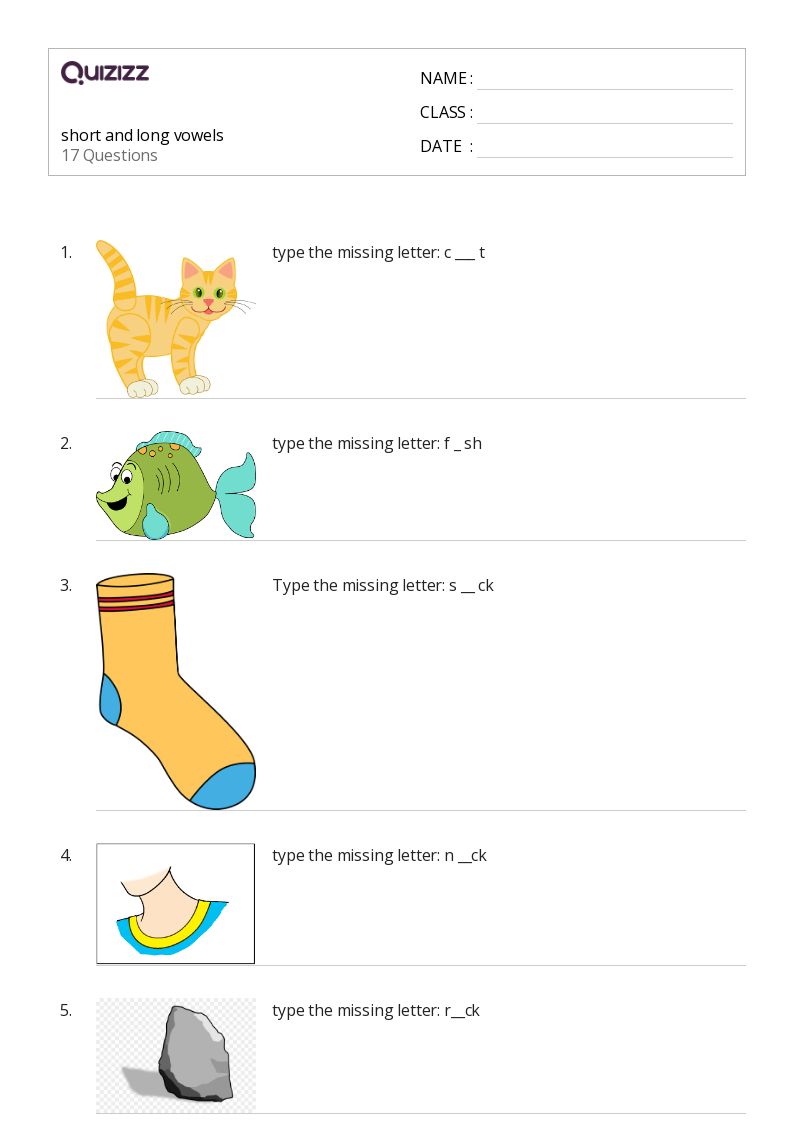5 Tips to Master Medical Terminology

Unlocking the Secrets of Medical Terminology
Mastering medical terminology is a crucial aspect of any medical profession, be it nursing, medicine, or allied health sciences. Understanding the language of medicine can seem daunting, but with the right approach, it can be made easier. In this article, we will explore five tips to help you master medical terminology and improve your communication skills in the healthcare sector.
Tip 1: Break Down the Words
Medical terminology can be broken down into its basic components, making it easier to understand and remember. Most medical words consist of a prefix, root, and suffix. The prefix indicates the location or direction, the root is the core of the word, and the suffix indicates the function or condition. For example, the word “hypertension” can be broken down into:
- Prefix: “hyper” (meaning “above” or “excessive”)
- Root: “tens” (meaning “tension”)
- Suffix: “ion” (indicating a condition)
By understanding the components of medical words, you can decipher unfamiliar terms and build a strong foundation for your medical vocabulary.
Tip 2: Focus on Common Prefixes, Roots, and Suffixes
There are many common prefixes, roots, and suffixes used in medical terminology. Focusing on these can help you decipher unfamiliar words. Here are a few examples:
- Prefixes:
- “Hyper” (above or excessive)
- “Hypo” (below or deficient)
- “Intra” (within)
- Roots:
- “Card” (heart)
- “Pulm” (lung)
- “Neph” (kidney)
- Suffixes:
- ”-itis” (inflammation)
- ”-ectomy” (surgical removal)
- ”-logy” (study of)
By learning these common prefixes, roots, and suffixes, you can significantly improve your ability to understand and recall medical terms.
Tip 3: Practice with Flashcards and Quizzes
Flashcards and quizzes are excellent tools for practicing medical terminology. You can create flashcards with the term on one side and the definition on the other. Quizzes can be used to test your knowledge and reinforce your learning. There are many online resources available that offer flashcards and quizzes specifically designed for medical terminology.
🤓 Note: You can also use apps like Quizlet or Anki to create digital flashcards and quizzes.
Tip 4: Use Mnemonics and Visual Aids
Mnemonics and visual aids can be useful tools for remembering medical terminology. Mnemonics involve creating associations between words or phrases to help you remember complex terms. Visual aids like diagrams, flowcharts, and illustrations can help you understand and recall medical concepts.
For example, you can use the mnemonic “King Philip Came Over For Good Spaghetti” to remember the taxonomy ranks:
- Kingdom
- Phylum
- Class
- Order
- Family
- Genus
- Species
Tip 5: Practice in Context
Practicing medical terminology in context can help you retain information better. Try to use medical terms in sentences or scenarios related to healthcare. This will help you understand how the terms are used in real-life situations.
For example, you can create a scenario where a patient is diagnosed with “hypertension” and use the term in a sentence: “The patient’s blood pressure reading indicated hypertension, and the doctor prescribed medication to lower it.”
By following these five tips, you can master medical terminology and improve your communication skills in the healthcare sector.
What is the best way to learn medical terminology?
+The best way to learn medical terminology is to break down the words into their basic components, practice with flashcards and quizzes, use mnemonics and visual aids, and practice in context.
What are some common prefixes, roots, and suffixes used in medical terminology?
+Common prefixes include "hyper" and "hypo," roots include "card" and "pulm," and suffixes include "-itis" and "-ectomy."
How can I retain medical terminology information better?
+Practicing medical terminology in context, using mnemonics and visual aids, and reviewing material regularly can help you retain information better.
In conclusion, mastering medical terminology requires practice, patience, and persistence. By following these five tips, you can improve your understanding and recall of medical terms and become a more effective communicator in the healthcare sector.



